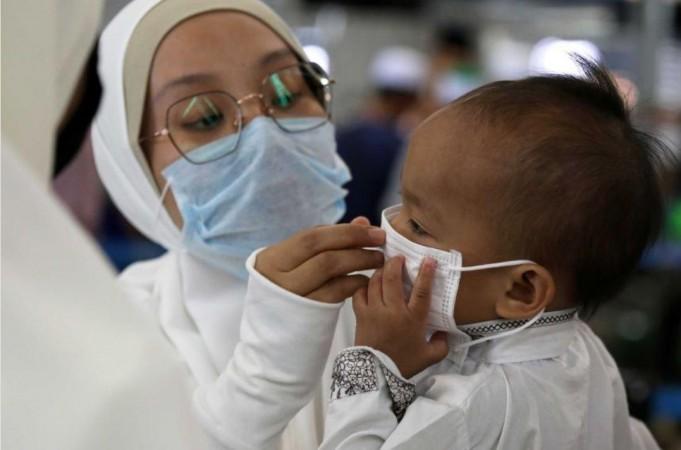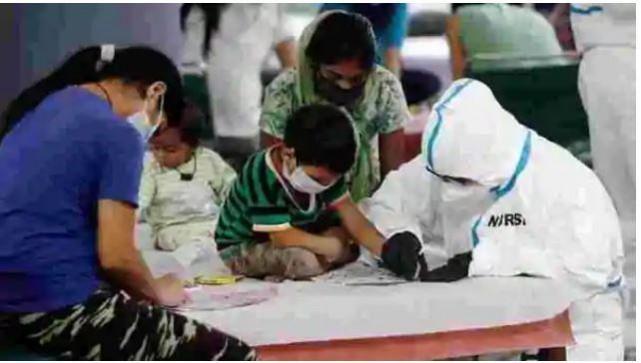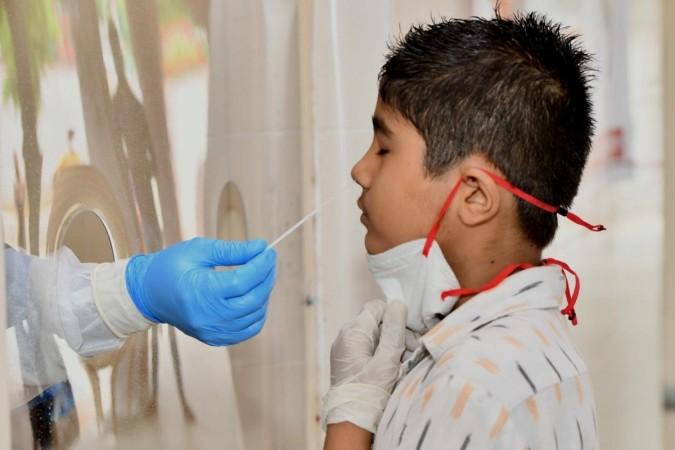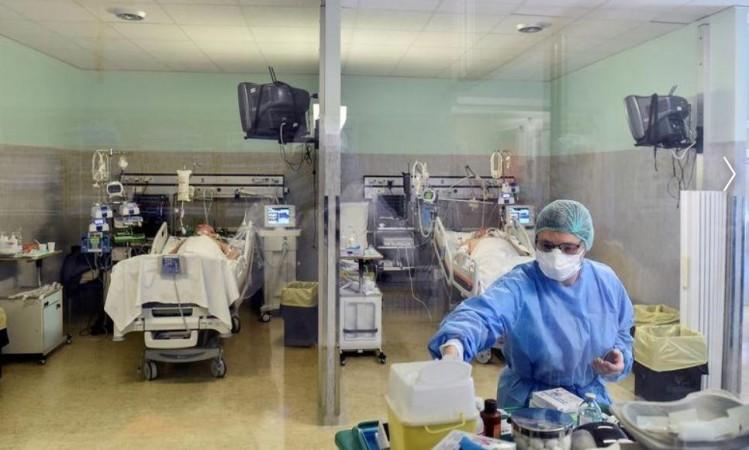
Hospitals in Mumbai and Delhi are reporting rare, life-threatening Kawasaki disease-like symptoms in some of the COVID-19 positive children.
According to reports, out of the 100 COVID-19 positive children admitted to the Bai Jerbai Wadia Hospital in Mumbai, 18 were reported to have Kawasaki disease-like illness. Two children later died.
"One of the children, who had come to us, was in a very serious state. They had the illness for two weeks and then the patient was referred to us. The patient had to be put on a ventilator and died in six hours because we did not get much time with her. Four are recovering now and the rest are being discharged," Medical Director at Wadia Children's Hospital, Dr Shakuntala Prabhu, told NDTV.
What is Kawasaki disease?
Kawasaki disease is an immune response syndrome and has a broad range of symptoms like fever, red-eye, body pain, diarrhoea. It also affects coronary functions in the heart. In severe cases, it could lead to death if not treated on time.
Click here for coronavirus related stories
Kawasaki disease normally affects children below the age of five but it can occur in children up to the age of 15 years. But after the age of five, the incidence becomes lesser. However, in current cases, the illness seems to be affecting adolescents up to the age of 18 years.

How the illness is different from Kawasaki disease?
What is more worrying for the doctors is that children who tested negative for COVID 19 after the treatment are also being reported of developing Kawasaki disease-like symptoms but with some difference.
For example, patients could have common symptoms like rashes and high fever like Kawasaki, but other symptoms like red eyes, red tongue might not be present.
Secondly, Kawasaki disease is treatable and only 25 per cent of the cases have the chance of developing significant heart damage when it's left alone. But in Kawasaki akin illness, many patients suffer such serious damage to the heart that they go into shock.

Paediatric cardiologist Dr Biswa R Panda of Bai Jerbai Wadia Hospital, Mumbai, who has come across four cases in the last three months with Kawasaki-like symptoms told IE that, "All four were negative for Covid-19. That does not rule out Covid-19 — it is possible that by the time we did RT-PCR test for the throat sample, it came negative and antibodies had been developed." The four children had rashes, inflammation in entire blood vessel system, but again "did not entirely fit in Kawasaki disease definition."
WHO termed it MIS-C
Similar cases were first reported in the US and Europe in late April and since then have been reported elsewhere in the world as well.
Due to its tendency to affect multi-organs and also being different than Kawasaki disease despite bearing some similarities in symptoms, the World Health Organization (WHO) termed this new illness as Multisystem Inflammatory Syndrome in Children (MIS-C).
Link with COVID-19
Doctors in Delhi, where similar cases were reported in some hospitals, say that Kawasaki disease is not new and there would come up two to three cases of it in a period of five-six months occasionally. But now they are coming in clusters.

Dr Arvind Kumar, Director and HOD, Paediatrics, Fortis Shalimar Bagh, in an interview to The Indian Express, said these large number of Kawasaki disease like cases could be attributed to COVID 19.
The reason, they say, is that different triggers could cause an inflammatory response in children. And as Kawasaki disease like illness (MIS-C), is also an immunological reaction to an infection or a virus in child's body, the immunity system responds to a particular infection and develops these symptoms, says Dr Mukesh Agrawal, Head, Paediatrics Department in KEM Hospital, Mumbai.
Available Treatment
In absence of knowledge about true causes of the Kawasaki like illnesses (MIS-C) in children, doctors are opting for steroids to reduce inflammation, at a dosage 10 times higher than usual.
Dr Panda, of Bai Jerbai Wadia Hospital, who treated four children with the MIS-C, told that two of the four children were kept on ventilator support for 10 days. The two were in septic shock, unable to breathe, their heart functions were poor, and they could not pass urine due to kidney problems, he told IE. "In such syndromes where very little is known, we can only provide symptomatic therapy. We gave supportive therapy for each organ. If the lungs can't work, we put them on a ventilator, if the kidney doesn't work we give medication," he said.
Even as further investigation about the MIS-C is ongoing, some experts believe that Kawasaki disease's name may not be the right term for an illness whose cause is yet not known. Instead of "disease", it should have been "syndrome", they say.
"Disease is something with a determinate cause, whereas a syndrome is a collection of symptoms that may not have a single catalyst-which far better characterizes Kawasaki," says Dr Jane C Burns, Director the Kawasaki Disease Research Center at the University of California, San Diego and Rady Children's Hospital.









!['Had denied Housefull franchise as they wanted me to wear a bikini': Tia Bajpai on turning down bold scripts [Exclusive]](https://data1.ibtimes.co.in/en/full/806605/had-denied-housefull-franchise-they-wanted-me-wear-bikini-tia-bajpai-turning-down-bold.png?w=220&h=138)



